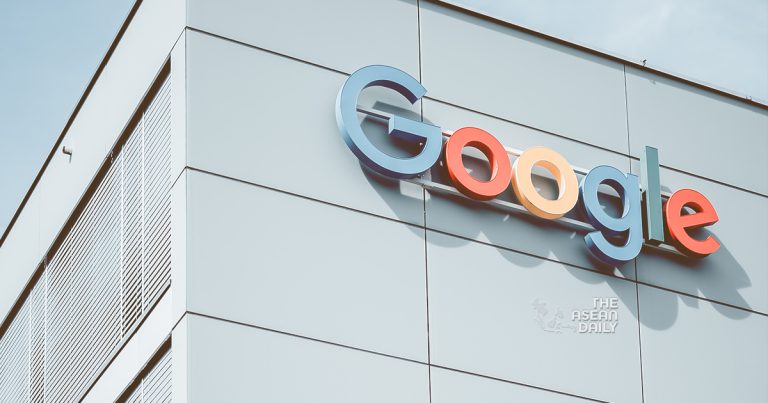26-4-2024 (NEW YORK) Alphabet, the parent company of Google, announced its first-ever dividend on April 25 along with a stock buyback of $70 billion. The news delighted investors, causing the stock to surge nearly 16 percent after the announcement.
Alphabet’s decision to return capital to shareholders comes at a time when the company is also investing heavily in data centers to keep up with competitors in the field of artificial intelligence (AI). The dividend payout will be 20 cents per share.
This move by Alphabet follows in the footsteps of its Big Tech rival, Meta Platforms, which recently announced its own first-ever dividend. Meta’s announcement resulted in a $196 billion increase in its stock market value the following day. However, Amazon remains the only major tech firm that has not yet offered a dividend.
Alphabet’s strong performance in sales, profit, and advertising for the quarter exceeded expectations. These metrics are closely monitored by investors.
Thomas Monteiro, a senior analyst at Investing.com, commented, “Alphabet’s announced dividend payouts and buybacks, combined with the solid earnings beat, are not only a breath of fresh air for the tech market as a whole but also a very intelligent strategy for the search engine giant going into a tough time of the year.”
Following the earnings report, Alphabet’s stock value increased by approximately $300 billion to surpass $2 trillion in after-hours trading.
During a call discussing the results, Sundar Pichai, CEO of Alphabet, highlighted Google’s AI offerings as a significant asset to its core search results. Pichai stated, “We are encouraged that we are seeing an increase in search usage among people who are using the AI overviews.”
For the quarter ended March 31, Alphabet reported revenue of $80.54 billion, surpassing estimates of $78.59 billion based on data from the London Stock Exchange Group (LSEG).
The strong first-quarter revenue for the search giant was driven by growing demand for its cloud services, fueled by the increasing adoption of artificial intelligence and steady advertising spending.
Google’s advertising sales rose by 13 percent in the quarter, reaching $61.7 billion, exceeding the average estimate of $60.2 billion according to LSEG data.
Alphabet faced challenges in the fourth quarter of the previous year when its ad sales fell short of expectations, resulting in a drop in share prices. The company faced intensified competition from Amazon, Facebook, and new entrants like TikTok. The fate of TikTok remains uncertain after US President Joe Biden signed a bill that could potentially ban the popular app if it is not sold within the next nine to twelve months.
Meanwhile, Google Cloud revenue experienced significant growth of 28 percent in the first quarter, driven by the increasing demand for generative AI tools that rely on cloud services to deliver advanced technology to customers.
Alphabet’s capital expenditures reached $12 billion, marking a 91 percent increase compared to the previous year. Hanna Howard, portfolio manager at Gabelli Funds, noted that this figure was higher than anticipated.
Alphabet’s CFO, Ruth Porat, stated during the call with analysts that she expects capital expenditures to remain at the current level or potentially increase throughout the remainder of 2024 as the company continues to invest in building its artificial intelligence offerings.
Despite the surge in capital expenditures, Porat expressed confidence that the operating margin in 2024 would be higher than in 2023, without providing further details.
Google’s cloud services have proven attractive to venture capital-backed start-ups that are developing generative AI technologies. These start-ups appreciate the competitive pricing and ease of integration with other tools offered by Google’s cloud platform.
Google has been promoting its AI-powered chatbot, Gemini, as a valuable automation tool for tasks ranging from coding to document creation. However, the software faced criticism after it was found to generate historically inaccurate images, including those of former US leaders and World War II-era German soldiers.
Google has acknowledged these issues and is actively working to address them.




